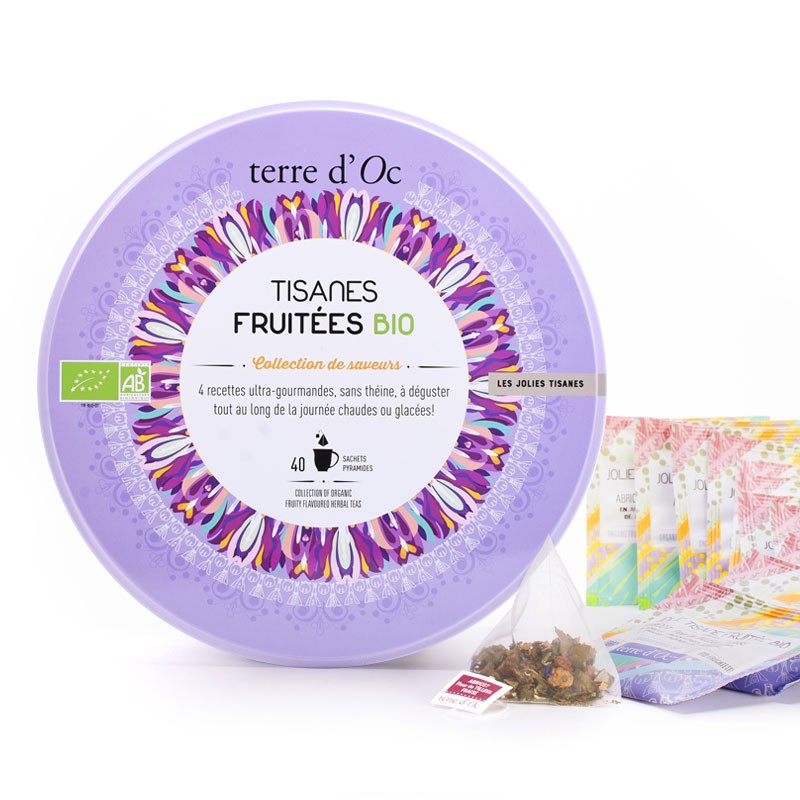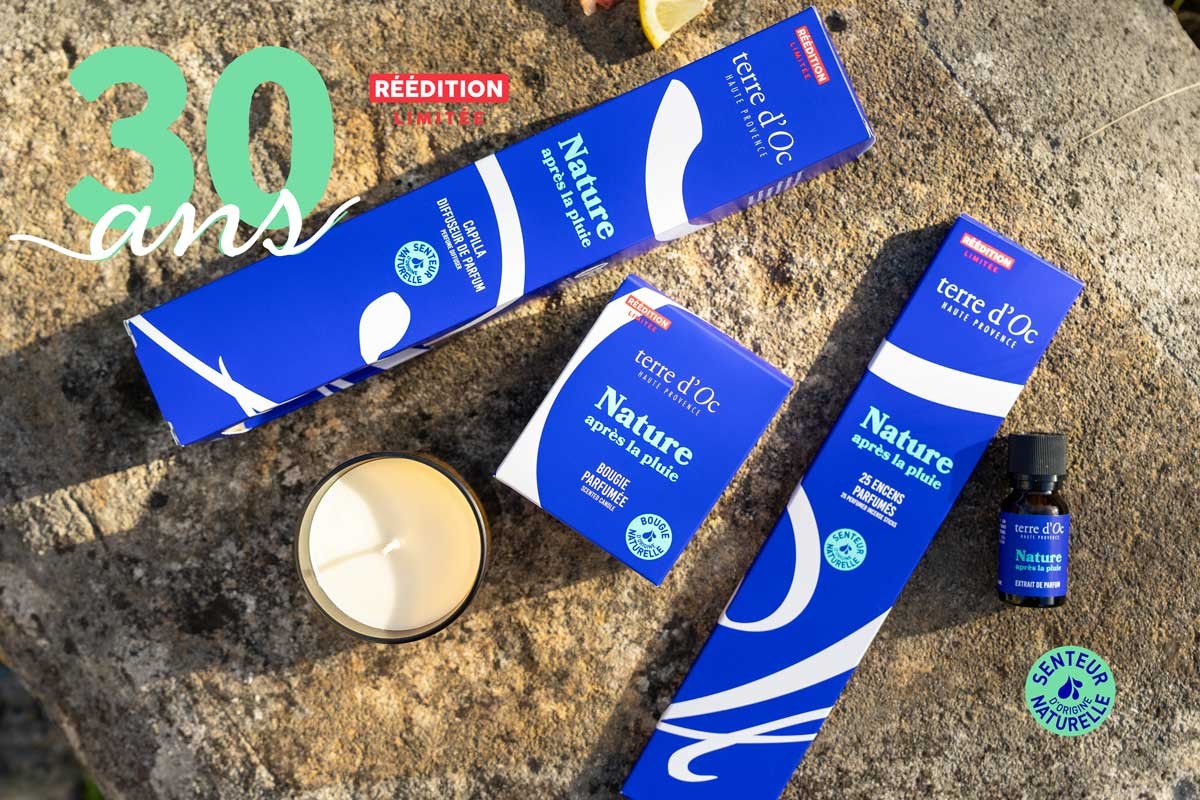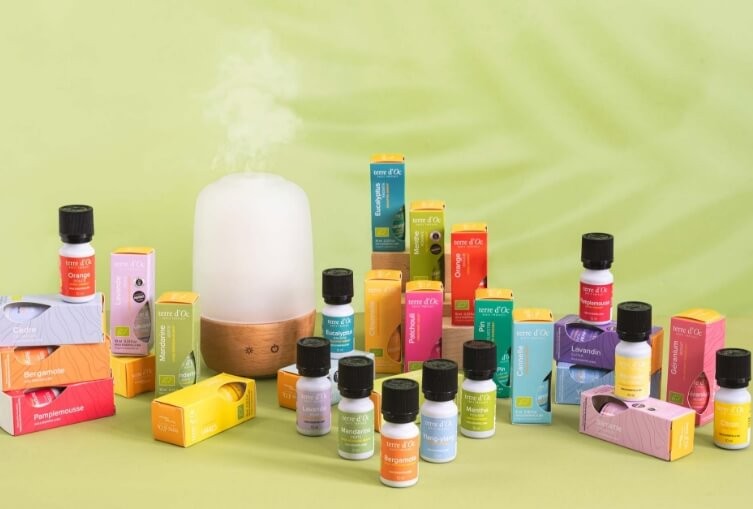Used first as a medicinal plant, tea is now the most drunk beverage in the world after water.
Free delivery on purchases over €49 !
-
< Back
-
- Tea and infusion
Latest posts
Latest posts
-
 Low-carbon strategyPosted in: CommitmentRead more
Low-carbon strategyPosted in: CommitmentRead more2050 Sustainable Development Goals, and what about energy?
-
 Rail-road transportPosted in: CommitmentRead more
Rail-road transportPosted in: CommitmentRead moreA good way of reducing your carbon footprint and global warming.
-
 Empowerment of womenPosted in: CommitmentRead more
Empowerment of womenPosted in: CommitmentRead moreLe 8 mars, c’est la journée internationale des droits de la femme, l’occasion de rappeler qu’il faut travailler pour cette cause tous les autres jours de l’année…
-
 Miki Komaki, an organic tea producer in Japan's storyPosted in: PortraitsRead more
Miki Komaki, an organic tea producer in Japan's storyPosted in: PortraitsRead moreLike him, I was trained as a producer but I continue to attend trainings because we have to adapt to natural changes every year. When I am not in our shop, I meet other women tea producers and we talk a lot about our profession... My work is very important to me, it makes me grow and living among the tea trees brings me a great deal of serenity.
-
 The story of Azuka, a producer of organic tea in JapanPosted in: PortraitsRead more
The story of Azuka, a producer of organic tea in JapanPosted in: PortraitsRead moreI am Asuka Kumada, I live in Kagoshima and my family has been producing teas for 50 years. I'm only 31 but I have learned the profession and have been working in tea for 11 years.
-
![[fr-only] [fr-only]](https://www.terredoc.com/img/ybc_blog/post/thumb/IM-matcha-bio-japon.jpg) [fr-only]Posted in: Tea timeRead more
[fr-only]Posted in: Tea timeRead moreL’île de Kyushu à l’extrême Sud du Japon est considérée comme le berceau de la civilisation japonaise et du thé lorsque le moine EISAI au XIIe siècle a implanté les premiers théiers au Japon qu’il a rapporté de Chine. Les sols fertiles d’origine volcaniques (on appelle Kyushu la terre de feu) et l’intensité solaire permettent de produire des thés remarquables depuis la période Meiji au XIXe siècle.






![[fr-only] [fr-only]](https://www.terredoc.com/img/ybc_blog/post/thumb/25e0d388fa-IM-Sam1.jpg)
![[fr-only] [fr-only]](https://www.terredoc.com/img/ybc_blog/post/thumb/IM-histoire-degustation-the-bio-audrey_c.jpg)
![[fr-only] [fr-only]](https://www.terredoc.com/img/ybc_blog/post/thumb/84279056_200766654539198_5789513566373045303_n(1).jpg)




